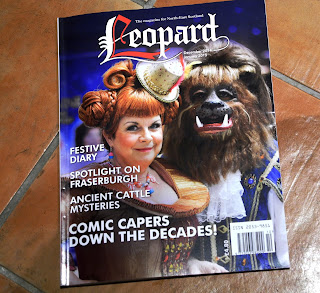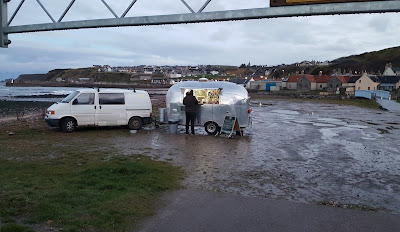Seven coffins and some stolen shrouds – By Duncan Harley

The sudden demise of Leopard Magazine a year or so ago left a literary void in and around the North-east. My contributions to the monthly magazine are well known but pale into insignificance when compared to the vast reservoir of writing featured within the publications forty-plus year history as a stand-alone monthly stalwart. Nowadays confined to the back pages of The Scottish Field and arguably long forgotten by a solid band of traditional readers, the magazine’s archive forms a hotbed of surprising articles. Over the years since first publication in August 1974, hundreds of writers, mainly local, contributed to Leopard. Early content ranged from farming stories by Eddie Gillanders to Anne Tweedie’s series on the, then emerging, oil industry. North-east writer David Toulmin’s ‘Tillycorthy Story’ and Ian Bryce’s ‘Castle of the Month’ also featured. Interviewed in 2014 by Leopard editor Judy Mackie, founding Editor Diane Morgan recalled the early days. “Our material came fro









